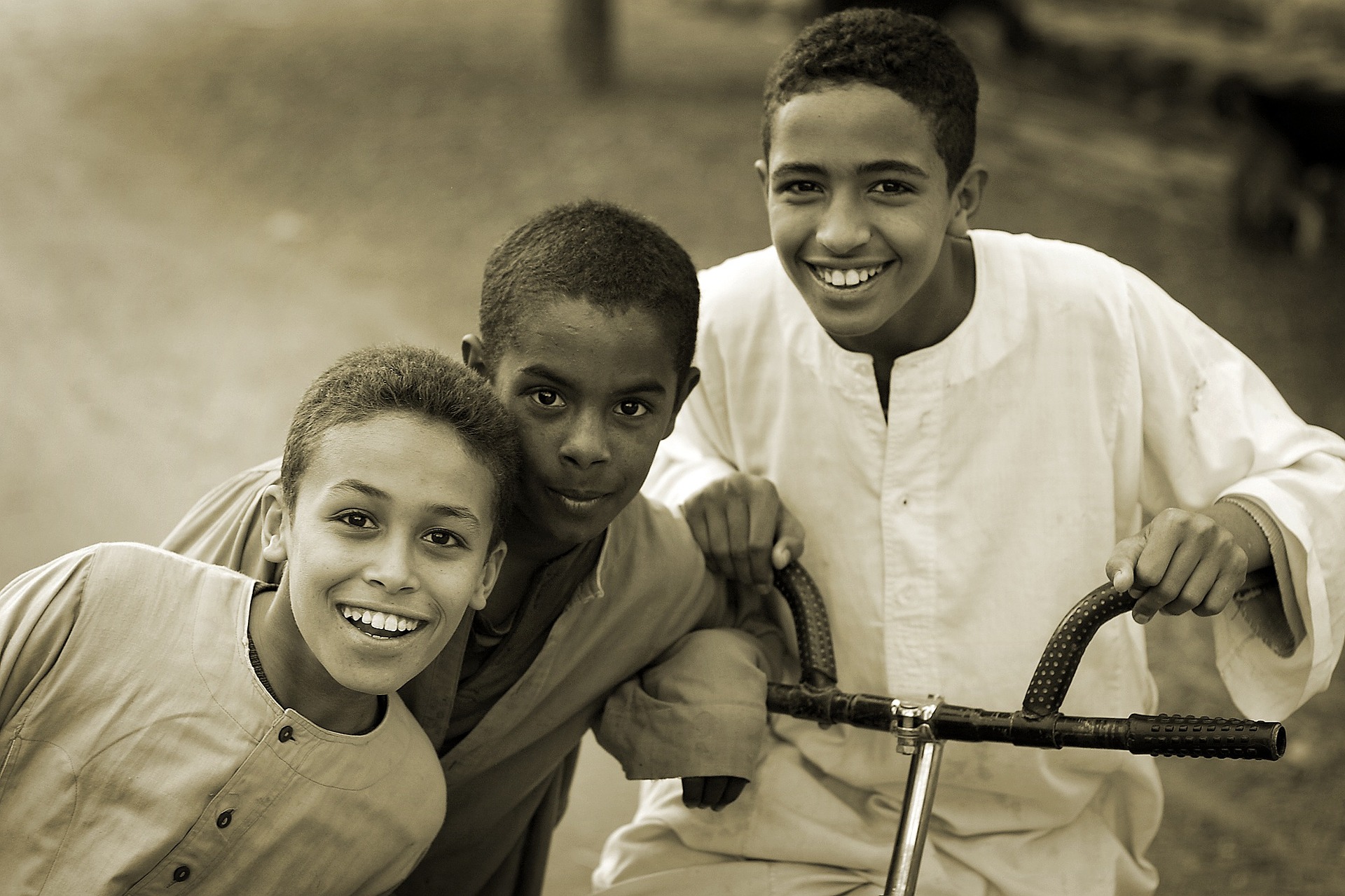-
Use of Technology in Dementia Care: Benefits and Ethical Considerations

A crisis has emerged in dementia care due to caregiver burden, high costs of care, and a growing aging population. Intelligent Assistive Technologies could be the answer to some of these problems, but they carry a unique set of ethical issues. How can we address these issues and use technology to improve dementia care?
-
Puberty and Psychopathology

How does being a pre-teen make us more at risk for mental illness? And why do some people come out of puberty with mental health concerns, while others don’t?
-
Baby Talk: Why your child may not be as chatty as their friends.

Parents and teachers of young children often express fears of a child’s language delay. A missing piece of this conversation is the wide variety of language skills at early stages in development that are all within normative ranges.
-
Early Adulthood: Changes and Challenges

Early adulthood is a time period in an individual’s life that is characterized by both external and internal changes. What do we know about this stage of development, and why is it important for psychological researchers to continue to explore it?
-
The debate on pushing school start times: Is there a perfect solution?

Despite strong scientific evidence to suggest that teens would benefit greatly from later school start times, California has vetoed a bill that would ensure middle and high schools do not start before 8:30AM. Why?
-
Learning from Emotions in Infancy

Early in life, learning about emotions is an important skill to develop. As early as infancy, the ability to interpret others’ emotions can be used to learn about various aspects of the surrounding world.
-
Teenage Brains and High-Stakes Situations

This article was authored by Pragya Arya and Danny Rahal as part of the 2018 pre-graduate spotlight week. Teenagers are notorious for being irresponsible and making bad decisions. Almost all of us have witnessed or bore the brunt of parents nagging kids to take “important” situations more seriously and work harder. TV producers and novelists…
-
Parenting Styles and Child Behavior

This article is authored by Jordan L. Mullins with the mentorship of Sarah M. Tashjian and is a part of the 2018 pre-graduate spotlight week. According to the American Psychological Association, parenting practices around the world share three major goals: ensuring children’s health and safety, preparing children for life as productive adults, and transmitting cultural…
-
No Brain Gets Left Behind

This article is authored by Dominic Tran with the mentorship of Sarah M. Tashjian and is a part of the 2018 pre-graduate spotlight week. For most kids in the United States, formal schooling begins at the age of 5 as they enter elementary school and learn the essential skills of reading, writing, and mathematics. Although…
-
Language Development in Deaf Children: What You Should Know

This article is authored by Rachel Storer with the mentorship of Sarah M. Tashjian and is a part of the 2018 pre-graduate spotlight week. It wasn’t until 1960 that linguists began to consider sign language a language separate from spoken language (Stokoe, 1960). Many linguists believed that sign language was a signed version of the…